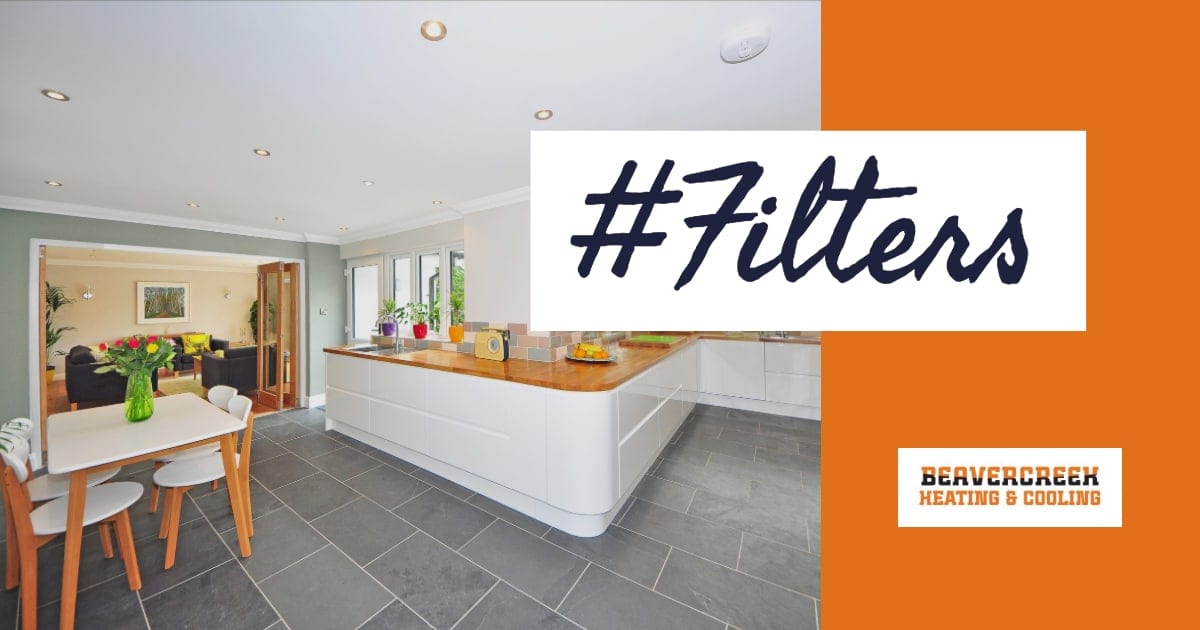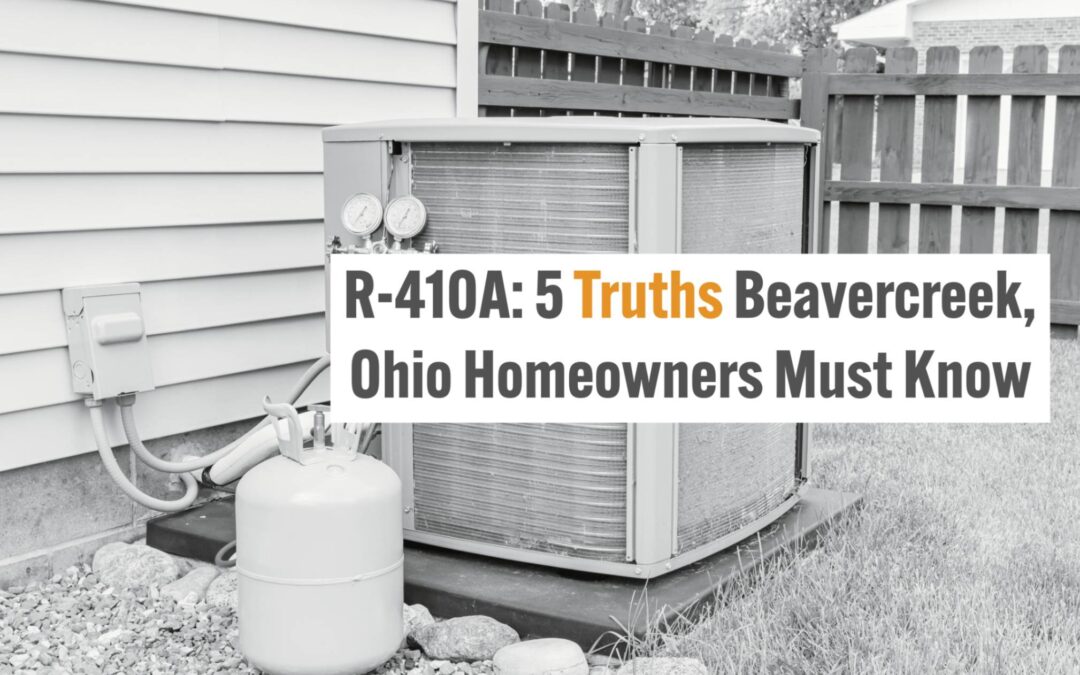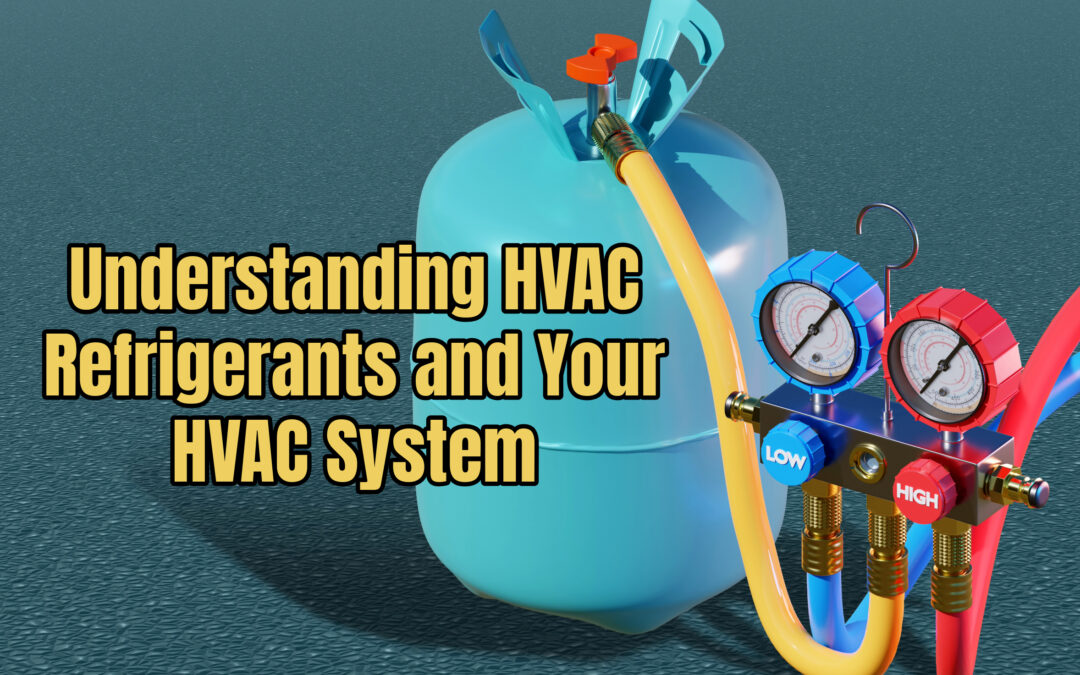Most residents don’t give much thought into their HVAC systems until something goes wrong.
Oddly enough, the most common reason something goes wrong – sometimes seriously wrong – is because of old air filters, clogged, neglected, and in need of changing.
To raise awareness and educate our customers about air filters and how they work, we at Beavercreek Heating & Cooling have compiled the following information. This information should serve as a cautionary piece about what happens when you don’t replace your air filter as regularly as you should.
THE WAY AIR FILTERS FUNCTION
Typically, air filters are manufactured from spun fiberglass or pleated paper and surrounded by a cardboard frame enclosure. Air filters are put in HVAC systems to act as a screen to stop pollutants and other fragments from traveling in the air you breathe. They also stop these impurities or from accessing vulnerable parts of the system, often its moving parts. Some of the everyday things these filters prevent from moving on include pollen, dust, mold, lint, hair, animal fur, bacteria, and more.
WHEN AM I SUPPOSED TO CHANGE MY FILTER?
Dependent on the sort of air filter you have, you will want to abide by definite schedules to make sure the screen is continuously operating at peak performance. Most manufacturers suggest basic filters are replaced every one to two months, but certain conditions could alter that schedule.
For instance, you should change a filter in an ordinary home with no animals every three months.
If you have one animal in the home, you should replace the filter every two months. For multiple animals, it needs to be replaced anywhere from every three to seven weeks, especially if someone in the home has allergies.
Individuals who live alone without animals can usually change filters once or twice a year without problems. The same goes for those who have vacation homes that don’t get used often.
WHAT OCCURS WHEN MY AIR FILTER IS CLOGGED?
When air filters aren’t regularly changed, they get choked up by the accumulation of fragments and pollutants that attach to the filter. While the filter is intended to hold these tiny items, the buildup can produce a nearly impenetrable wall blocking the flow of all air. This blockage leads to a multitude of issues for the entire HVAC system. Some of those issues include:
Costly energy bills
When your air filter gets clogged, air cannot flow through the system very well, if at all. This blockage causes the entire system to have to labor to dispense heat or air where it is essential, which raises your utility bills since the unit is working harder.
Health Troubles
If the air filter is blocked up and cannot catch pollutants as it should, those items can come back into the air you and your family breathe. Immediate problems, as a result, could include itchy eyes or throat, headaches, and lightheadedness. If you still don’t replace the air filter and the problems keep up, the long-term impacts could include respiratory illnesses, possibly heart disease – even cancer.
Poor Temperature Control
Blocked up air filters make the system stress to create airflow. Warm and cool air cannot sufficiently go where it is required. As a result, homeowners find some rooms can be too cold during the winter or too hot during the warmer months.
Furnace Failures
If the system is working too hard to go around and through blocked up air filters, it can trigger it to break down. If this happens, you’ll need to replace the whole thing, which can cost thousands, in some cases more than $10,000. Air filters typically cost less than $30-$40. They are simple to replace regularly compared to replacing the entire system, a mere fraction of the cost.
Froze-Up Coils
Evaporative coils help your air conditioner eliminate heat from the air to keep your home cool. They can freeze up if they are overburdened. With a clogged air filter, the air won’t flow over the coils properly, which makes them cease functioning and leads to a total system breakdown. Here yet again, the cost to remedy this problem is merely buying a new air filter every few months. Safeguard your HVAC system and your budget by changing the air filters on a routine schedule.
WHAT SHOULD BE DONE
If you have not switched out the air filters in your home lately, your next move should be to find out which type you require and change them ASAP. If you find the previous filters look like nothing, not even air could go through them; it’s time to call an HVAC specialist. They can go to your home to examine the system and address any issues caused by the old filters, therefore avoiding additional problems down the road.
GIVE US A CALL TODAY
For more information, or for an appointment with one of our reputable technicians, call Beavercreek Heating & Cooling today 937-708-8527 or SCHEDULE NOW







